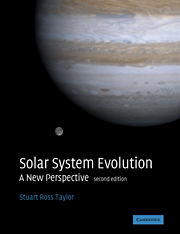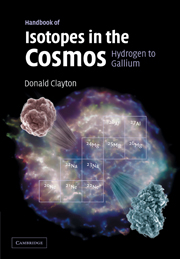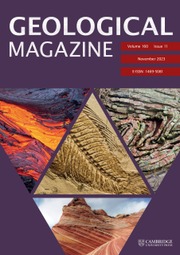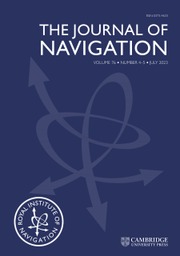The Evolution of Matter
The Evolution of Matter explains how all matter in the Universe developed following the Big Bang and through subsequent stellar processes. It describes the evolution of interstellar matter and its differentiation during the accretion of the planets and the history of the Earth. Unlike many books on geochemistry, this volume follows the chemical history of matter from the very beginning to the present, demonstrating connections in space and time. It provides also solid links from cosmochemistry to the geochemistry of Earth. The book presents comprehensive descriptions of the various isotope systematics and fractionation processes occurring naturally in the Universe, using simple equations and helpful tables of data. With a glossary of terms and over 900 references, this volume is a valuable reference for researchers and advanced students studying the chemical evolution of the Earth, the Solar System and the wider Universe.
- Presents the evolution of matter from a unifying, 'historical' perspective
- Includes much quantitative information in the form of tables allowing easy reference and comparison
- Includes over 900 references to guide readers to more advanced and detailed sources
Reviews & endorsements
Review of the hardback: '… the latest and most comprehensive contribution to this important and growing genre. … The Evolution of Matter will provide advanced undergraduates and Earth science professionals with an unusually broad and integrated view of isotope cosmo- and geo-chemistry, from the ancient origin of atoms to the modern living Earth. … an engaging historical narrative.' Elements
'Overall, The Evolution of Matter is a good, deep and readable combination of the textbook and monograph, which brought under one cover a link between cosmo- and geochemistry; solar system formation and evolution; Earth's core, crust and mantle. It also combines a description of sophisticated geodynamic models with considerable cosmo-geochemical reference information.' Pure and Applied Geophysics
Product details
November 2010Paperback
9780521169646
532 pages
254 × 178 × 27 mm
0.91kg
Available
Table of Contents
- Introduction
- Part I. The Elements:
- 1. Isotopes – weights and abundances
- 2. Introduction to the universe – the baryonic matter
- 3. Element and isotope abundances – reference collection
- 4. Cosmological nucleosynthesis – production of H and He
- 5. Stellar nucleosynthesis – lower mass stars and s-process
- 6. Stellar nucleosynthesis – r- and associated processes
- 7. Timing of stellar nucleosynthesis
- 8. Chemical evolution of the galaxy
- Part II. Early Solar System – Nebula Formation, Evolution and Lifetime:
- 9. Introduction to the solar nebula
- 10. The primary solar system objects and related processes
- 11. Chondritic meteorites
- 12. Highly processed meteorites
- 13. A summary of early solar system chronology
- Part III. Accretion of the Earth:
- 14. Introduction to the planetary system, earth and moon
- 15. Introduction to planetary accretion
- 16. Earth accretion – the giant impact(s)
- 17. The post-accretion silicate earth – comparison with meteorites
- 18. Core segregation
- 19. Heavy 'crust' on the top of the core
- 20. The early atmo-hydrophere
- 21. Light from the moon…
- Part IV. Global Evolution of the Earth:
- 22. First look on the Earth
- 23. The plate tectonic concept – some phenomenology
- 24. Oceanic ridge and island magmatism
- 25. Subduction and island arc magmatism
- 26. Composition of the continental crust – magmatic, metamorphic and sedimentary processes
- 27. Isotopic records of the evolution of the earth's accessible reservoirs
- 28. Geochemical earth model
- References
- Glossary
- Abbreviations
- List of meteorites, rocks and minerals
- Index.








